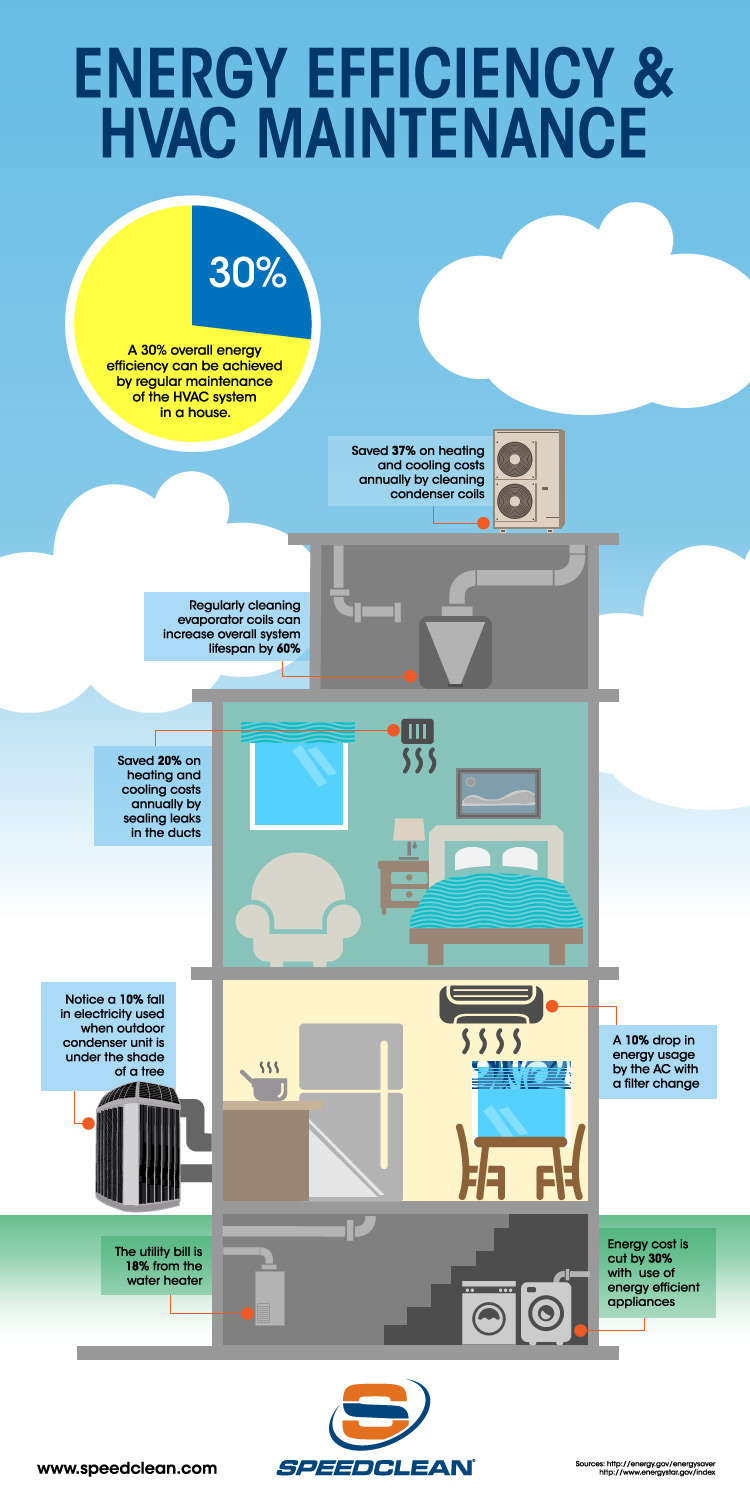The Future Of Home Home Heating - How Heat Pump Technology Is Advancing
The Future Of Home Home Heating - How Heat Pump Technology Is Advancing
Blog Article
Article By-Baker Ringgaard
Heat pumps will certainly be a critical modern technology for decarbonising heating. In a situation constant with federal governments' announced energy and climate dedications, their worldwide capability increases by 2030, while their share in heating rises to one-quarter.
They function best in well-insulated homes and count on electrical energy, which can be supplied from a sustainable power grid. Technological developments are making them much more efficient, smarter and less costly.
Fuel Cells
Heat pumps make use of a compressor, refrigerant, coils and fans to relocate the air and heat in homes and appliances. They can be powered by solar power or electrical energy from the grid. They have actually been gaining popularity because of their affordable, quiet procedure and the capability to generate electrical power throughout peak power demand.
Some firms, like IdaTech and BG MicroGen, are dealing with gas cells for home heating. These microgenerators can replace a gas boiler and produce several of a residence's electrical needs with a connection to the power grid for the remainder.
But there are reasons to be unconvinced of using hydrogen for home heating, Rosenow says. It would be pricey and ineffective contrasted to other modern technologies, and it would include in carbon emissions.
Smart and Connected Technologies
Smart home modern technology permits house owners to link and manage their tools remotely with the use of smartphone apps. For instance, smart thermostats can learn your home heating choices and instantly adjust to maximize power consumption. Smart lighting systems can be managed with voice commands and immediately switch off lights when you leave the room, reducing power waste. And wise plugs can check and manage your electrical usage, permitting you to determine and restrict energy-hungry devices.
The tech-savvy household portrayed in Carina's meeting is an excellent illustration of how owners reconfigure room home heating practices in the light of brand-new smart home modern technologies. https://www.myradiolink.com/2020/09/30/mattex-service-company-purchases-rardin-plumbing-heating-and-air-conditioning/ rely upon the gadgets' computerized attributes to perform day-to-day changes and concern them as a convenient means of conducting their heating techniques. Because of this, they see no reason to adapt their practices even more in order to enable flexibility in their home power need, and interventions targeting at doing so may deal with resistance from these households.
Electricity
Since heating up homes accounts for 13% of US emissions, a switch to cleaner choices can make a large difference. However the technology encounters challenges: It's pricey and calls for extensive home remodellings. And it's not constantly suitable with renewable resource resources, such as solar and wind.
Till just recently, electrical heatpump were as well costly to compete with gas models in the majority of markets. Yet brand-new advancements in layout and products are making them more economical. And better cold climate efficiency is enabling them to function well even in subzero temperatures.
The following action in decarbonising heating might be using heat networks, which draw warmth from a central source, such as a nearby river or sea inlet, and disperse it to a network of homes or buildings. That would certainly lower carbon exhausts and enable households to benefit from renewable energy, such as eco-friendly electrical power from a grid supplied by renewables. This option would be less pricey than switching over to hydrogen, a fossil fuel that calls for new infrastructure and would just reduce CO2 emissions by 5 percent if paired with enhanced home insulation.
Renewable resource
As electrical power prices go down, we're starting to see the very same fad in home heating that has actually driven electrical cars right into the mainstream-- however at an also much faster rate. The solid climate instance for electrifying homes has been pressed further by new research study.
Renewables represent a significant share of modern warm intake, yet have actually been provided restricted policy attention around the world contrasted to various other end-use sectors-- and also less attention than electrical power has. In part, this shows a mix of customer inertia, divided motivations and, in many countries, aids for fossil fuels.
New technologies might make the shift simpler. For instance, heatpump can be made more energy effective by replacing old R-22 cooling agents with brand-new ones that don't have the high GWPs of their predecessors. Some specialists likewise envision area systems that attract warmth from a nearby river or sea inlet, like a Norwegian fjord. The cozy water can then be made use of for heating & cooling in an area.